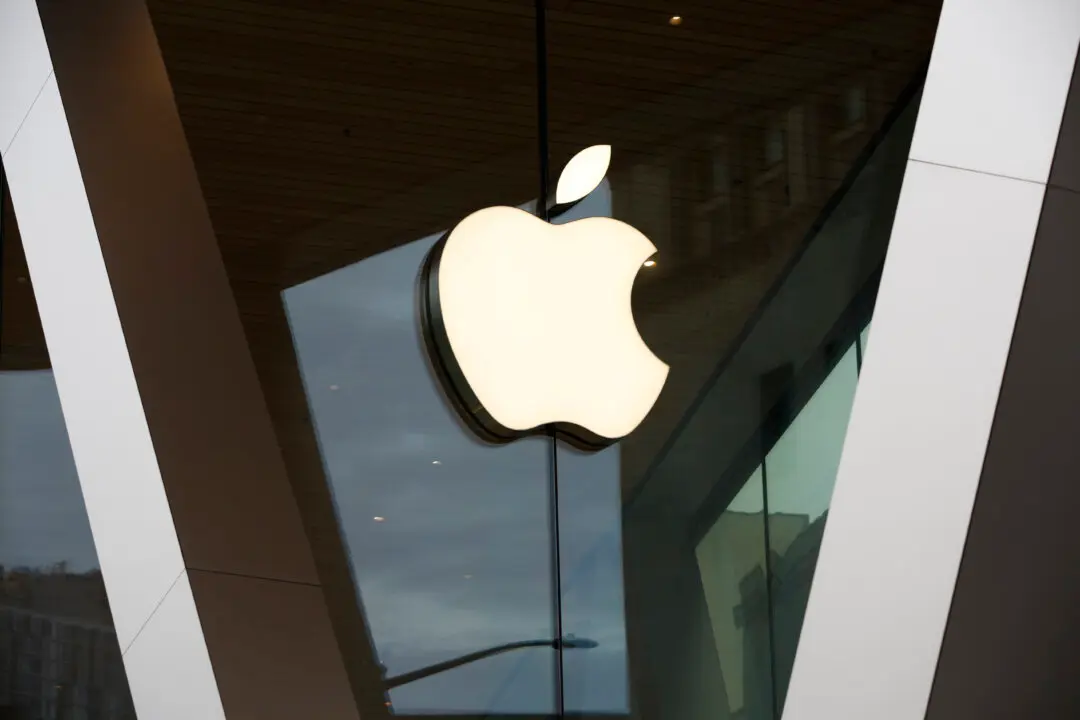Travelling from London to France on Eurostar trains will be made easier with the introduction of a new facial verification system.
The launch of the SmartCheck system at St. Pancras station will enable Eurostar travellers to avoid manual checks of tickets and passports by UK officials.
.jpg&w=1200&q=75)




